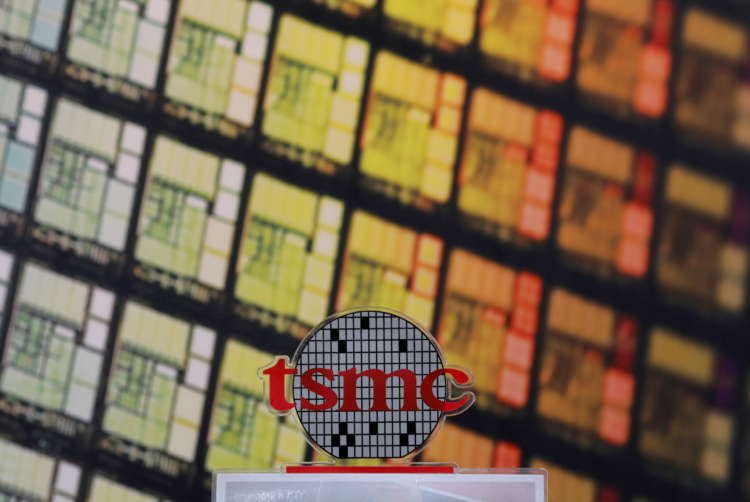Top Stories
TSMC looks to double down on U.S. chip factories as talks in Europe falter
Published by linker 5
Posted on May 14, 2021
1 min readLast updated: January 21, 2026

Published by linker 5
Posted on May 14, 2021
1 min readLast updated: January 21, 2026

Explore more articles in the Top Stories category











